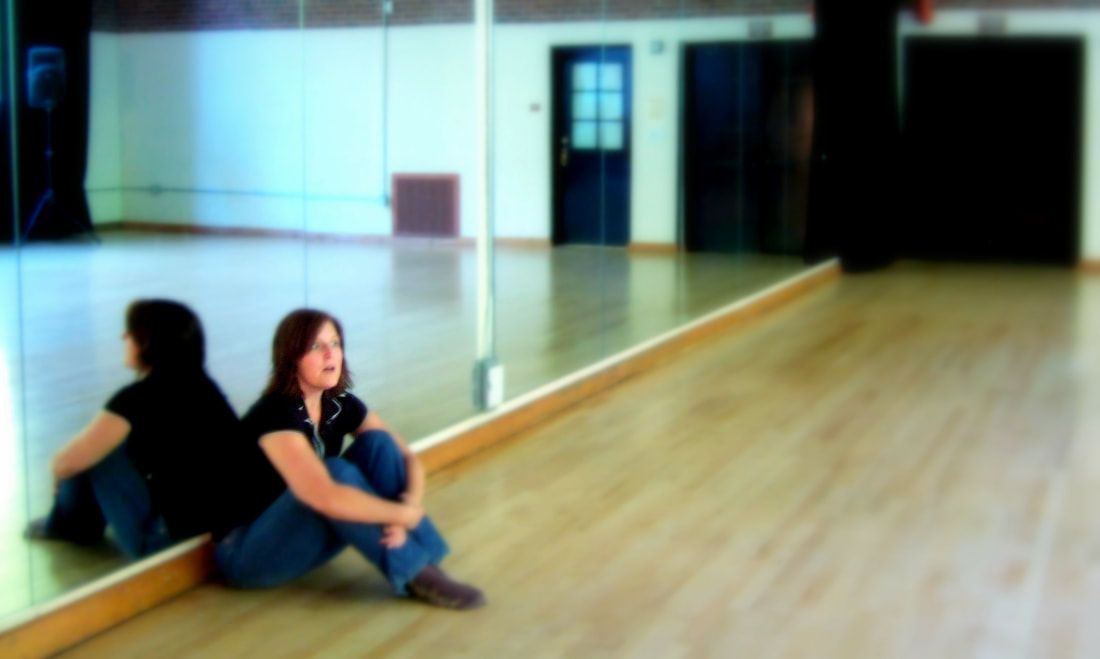About Drama Therapy
Drama Therapy, like dance therapy, art therapy or music therapy is a creative art therapy. Though drama therapy is used in many contexts outer than psychotherapy, when it is used as a therapy, the therapist intentionally draws on theater processes to achieve therapeutic goals. These processes may include movement, improvisation, storytelling, metaphor, roles and scenes. Just like in any other therapeutic relationship, the therapist works collaboratively with the client's goals and style and personality informs the therapy.
A Registered Drama Therapist (RDT) is a Master's level credential requiring coursework in psychology and drama therapy, experience in theater and supervised internship and work experience. RDTs are board certified in the practice of drama therapy and follow the NADTA (North American Drama Therapy Association) Code of Ethics.
Drama Therapy, like dance therapy, art therapy or music therapy is a creative art therapy. Though drama therapy is used in many contexts outer than psychotherapy, when it is used as a therapy, the therapist intentionally draws on theater processes to achieve therapeutic goals. These processes may include movement, improvisation, storytelling, metaphor, roles and scenes. Just like in any other therapeutic relationship, the therapist works collaboratively with the client's goals and style and personality informs the therapy.
A Registered Drama Therapist (RDT) is a Master's level credential requiring coursework in psychology and drama therapy, experience in theater and supervised internship and work experience. RDTs are board certified in the practice of drama therapy and follow the NADTA (North American Drama Therapy Association) Code of Ethics.
Life is
|
Owning your story is the bravest thing you will ever do." |
The opposite of play is not work, it's depression". It was when I stopped searching for home within others and lifted the foundations of home within myself I found there were no roots more intimate than those between a mind and body that have decided to be whole.” |
Many survivors insist they’re not courageous: ‘If I were courageous I would have stopped the abuse.’ ‘If I were courageous, I wouldn't be scared’... Most of us have it mixed up. You don’t start with courage and then face fear. You become courageous because you face your fear.” |

